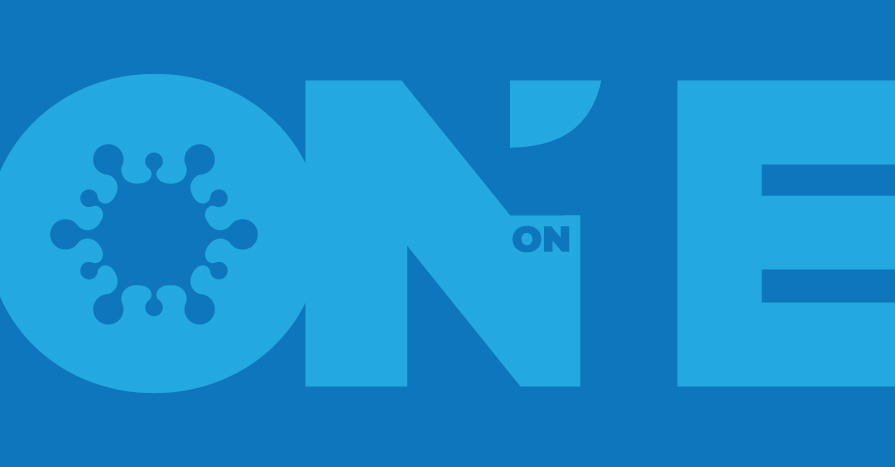COVID 1-1: Doug Horner's Story

Visionary shares thoughts on the COVID pandemic
Doug Horner is chief executive officer, chief technology officer and founder of the parent company of Enterprise Health. Since 1995 when he bet his future that health information technology would one day be largely web-based, Doug has had his head in the "cloud". His visionary acumen has paid off over the years resulting in groundbreaking developments in the HIT space. Most notably, he was one of the first to develop an innovative, interoperable electronic health record platform from the ground up — the foundation upon which the Enterprise Health occupational and employee health IT solution is built.
Doug continues to push the boundaries of technology in the healthcare space. This week, we spoke with him to learn how the COVID pandemic has affected him, the organization and the business world. Here is Doug’s story.
How has COVID-19 affected you professionally?
There’s a joke going around the Internet with two images. One is labeled “here’s a programmer,” the other “here’s a programmer in quarantine from COVID.” Both images are the same screen shot.
As an introvert and a geek at heart, I can relate. Working in isolation throughout the pandemic hasn’t really impacted me all that much, because that’s how I work anyway. Plus, our company embraced remote working a long time ago, so this really isn’t that much different for us. If anything, it helps me focus, move at a faster pace and be even more responsive to client needs.
How has COVID-19 affected your organization?
The pandemic has been a tragedy in so many ways, but one positive to come out of the situation is that it has strengthened most companies’ commitment to a healthy workforce. Now, more than ever before, employers have placed an emphasis on monitoring employee health, which has been a good thing for Enterprise Health.
While some other companies have been idle, we have been extremely busy and have worked incredibly fast this year. There is this notion that significant events mark time and make it seem like time passes faster. That’s why if you're bored out of your mind, it seems like time passes more slowly. Because we’ve had so much going on and have accomplished so many significant things at Enterprise Health — from developing functionality for syndromic surveillance and quickly standing up telehealth to being used by Northwell Health to document the first immunization in the U.S. — this past year has gone by like a blip.
On the other hand, the pandemic has increased stress levels in many organizations, including our own. Many people have worked straight through the last year with no vacations to break it up, and this takes a toll on our mental resilience for sure. Going forward, I think we’ll all appreciate things like vacations and time with friends and family even more now that we’ve experienced not having them.
How has COVID-19 affected you personally?
In my immediate family, four of the five of us have had COVID — two of my college-aged daughters and my wife and me. My daughters had it first and my wife and I went unscathed. Then my wife, who works in healthcare contracted it, and so did I. She got over it in about ten days, but it took me about 3 weeks. For the first week, I slept about 22 hours a day. I lost my sense of smell, but I still had my sense of taste. I could tell if something was bitter or sweet.
What does the future look like in the wake of COVID-19?
There will undoubtedly be lingering effects, but I do think we’ll start to get back into regular rhythms. Offices will open and people will start to gravitate back. A lot of people think they will work from home forever, but there’s an interesting dynamic that happens when some people are in the office and others are not. It’s almost a fear of missing out (or FOMO). Some may see being in person as an advantage and eventually they will want to get back together.
Telehealth is here to stay. There are a lot of physicians who like telehealth, and the patients love it, too. It can be a very useful tool in many situations, and now people are more comfortable with it.
Overall, I am very excited for the future post COVID because technology just gets better and better. We are more equipped as a society to stay open and not destroy the economy, when the next crisis hits. This includes the great strides made in vaccine development. The RNA vaccines have been under development for over 30 years, and now that we understand how these vaccines work at scale, even for the variants, we are so much further along and better prepared for the next event. These same technologies will be used to fight other diseases such as cancer and to develop even better vaccines for other viruses such as flu.
What have you learned from living through this pandemic?
On the science side, I’ve learned a lot about virology, vaccines. On the technology side, the pandemic has accelerated my learning about telecommunications and virtual presence. It has also taught me a lot about how to stay connected and work closer as a company. As a CEO, I’ve picked up new skills in this pandemic for how to keep people motivated, and that will stay with me even after this is over.
